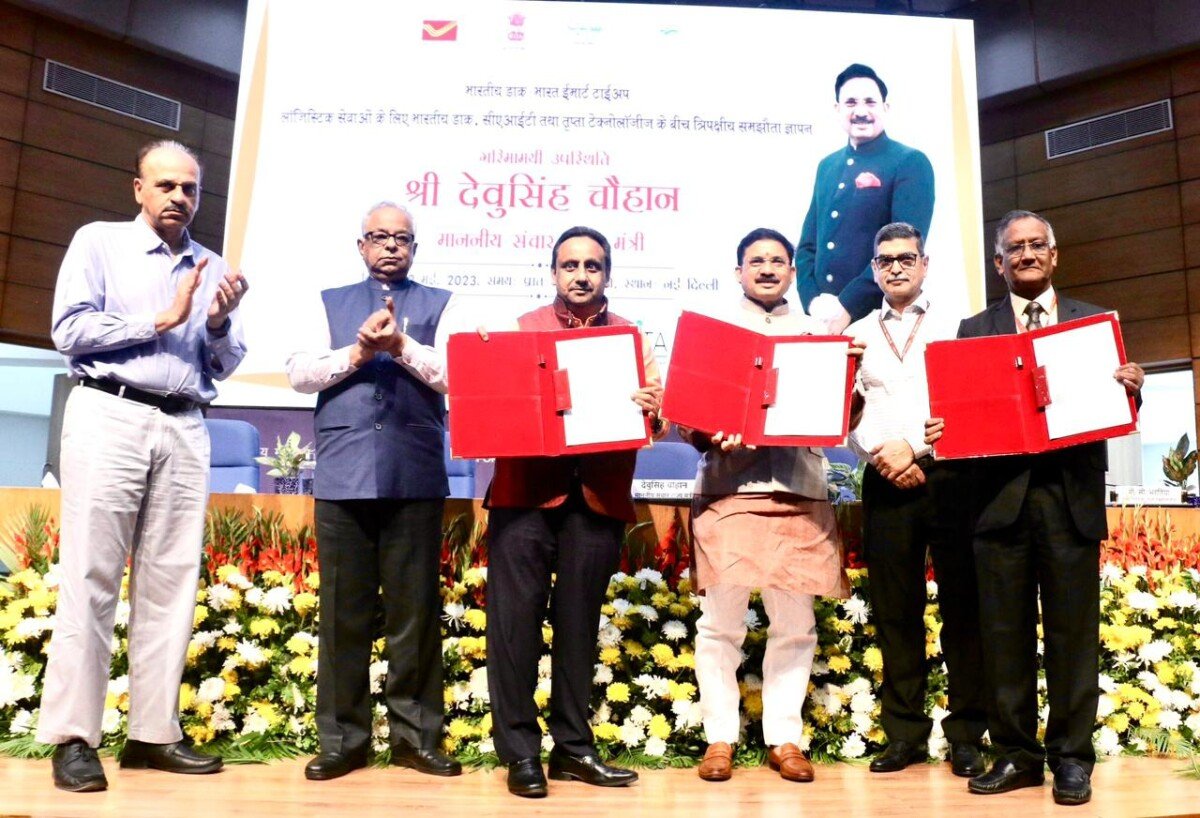The World Intellectual Property Organization (WIPO) treaty on intellectual property, Genetic resources and associated traditional knowledge, is a significant win for countries of the global South, which is a mega biodiversity hotspot with abundance of traditional knowledge, and wisdom. This achievement strengthens innovation and paves the way for a more inclusive intellectual property system.
This is the first WIPO Treaty to address the interface between intellectual property, genetic resources and traditional knowledge and the first WIPO Treaty to include provisions specifically for Indigenous Peoples as well as local communities. The Treaty, once it enters into force with 15 contracting parties, will establish in international law a new disclosure requirement for patent applicants whose inventions are based on genetic resources and/or associated traditional knowledge.
The World Intellectual Property Organization (WIPO) Treaty on intellectual property, genetic resources, and associated traditional knowledge is a significant win for countries of the Global South, particularly India, a mega-biodiversity hotspot rich in traditional knowledge and wisdom.
For the first time, this critical knowledge system, which has sustained economies, societies, and cultures for centuries, is formally recognized within the global intellectual property (IP) system. The treaty also acknowledges the connection between local communities and their genetic resources (GRs) and associated traditional knowledge (ATK). These are historic milestones championed for years by India, a leading provider of traditional knowledge and repository of biodiversity.
The treaty offers multiple benefits. It safeguards and protects biodiversity, increases transparency in the patent system, and strengthens innovation. This fosters a more inclusive IP system that responds to the needs of all countries and their communities.
The treaty marks a significant victory for India and the Global South, who have long advocated for such an instrument. After two decades of negotiations and with the collective support of over 150 countries, this treaty has been adopted at the multilateral level.
With the majority of developed countries, who generate intellectual property and utilize these resources and knowledge for research and innovation, on board, the treaty paves the way for resolving long-standing conflicts within the IP system regarding biodiversity protection.
Upon ratification and entry into force, the treaty will require contracting parties to implement mandatory disclosure obligations for patent applicants. Applicants must disclose the country of origin or source of genetic resources if their invention is based on such resources or associated traditional knowledge. This provides additional protection for India’s GRs and TK, which are currently vulnerable to misappropriation in countries without disclosure requirements.
By establishing global standards for disclosure of origin, this treaty creates an unprecedented framework within the IP system for countries providing genetic resources and associated traditional knowledge. Currently, only 35 countries have some form of disclosure obligation, most of which are non-mandatory and lack effective enforcement mechanisms. This treaty compels contracting parties, including developed nations, to modify their legal frameworks to enforce mandatory disclosure on patent applicants.
The WIPO Treaty marks the beginning of a journey towards collective growth and a sustainable future, a cause India has championed for centuries.
Author Profile
Latest entries
 FEATURED21 July 2024ITU-Huawei Digital Talent Program Launches First Cohort to Drive Global Innovation
FEATURED21 July 2024ITU-Huawei Digital Talent Program Launches First Cohort to Drive Global Innovation FEATURED20 July 2024Huawei and Zambian Government Join Forces to Launch 100 Smart Villages
FEATURED20 July 2024Huawei and Zambian Government Join Forces to Launch 100 Smart VillagesAI18 July 2024Emerging Job Roles in AI
 FEATURED17 July 2024Robotics and Automation Engineering: The Future of Work and Industry
FEATURED17 July 2024Robotics and Automation Engineering: The Future of Work and Industry










